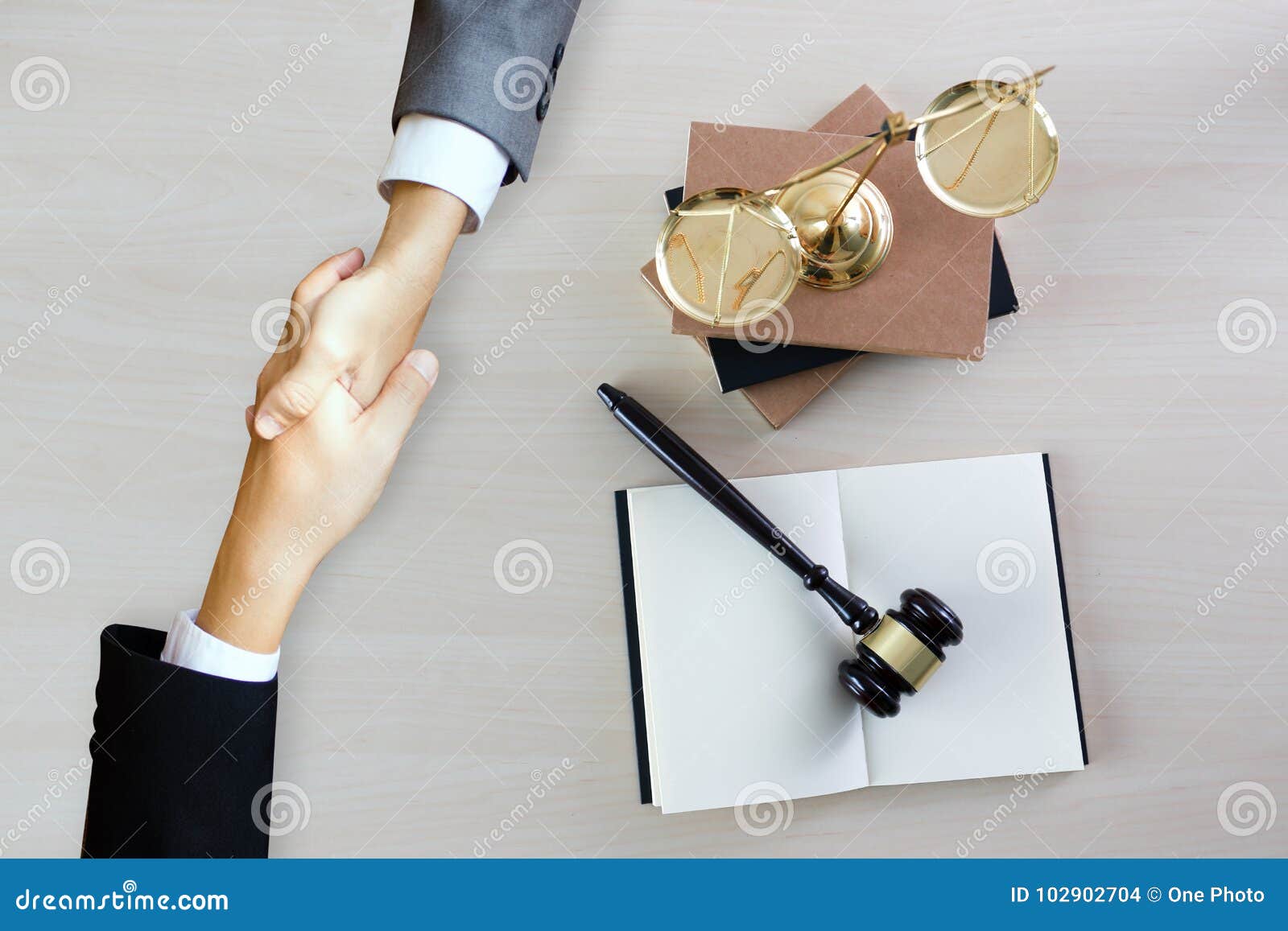Grasping Criminal Law: Thoughts from Attorneys
Navigating the nuances of the legal system can often seem daunting for those who are not acquainted with it. Grasping criminal legislation and its ramifications is vital for anyone who wants to safeguard their rights and make knowledgeable decisions. Whether you are facing criminal charges, dealing with a family law concern, or looking to file a personal injury claim, the support of an experienced attorney can make all the difference.
In this article, we will delve into important insights from attorneys that address a broad spectrum of legal topics. Beginning with knowing when to hire an attorney to grasping what to anticipate during your initial legal consultation, we will provide applicable tips that everyone should be aware of. You will also discover about the typical legal blunders people make and how to choose the right lawyer for your particular case. With actual examples and suggestions tailored to various practice areas, this guide seeks to empower you with the understanding you need to handle your legal obstacles confidently.
Key Law Tips
Navigating the law environment can be intimidating, but understanding a few essential legal tips can considerably simplify that process. Initially, always consult an attorney when you find yourself in a legal predicament. Regardless of whether it's a small dispute or a grave criminal charge, having a lawyer is essential. Lawyers bring expertise that can help protect your rights and concerns, guiding you through complicated legal jargon and navigating the court system effectively.
Another important tip is to document everything pertaining to your case. This comprises maintaining documentation of conversations, messages, and any other communications. Solid evidence can be the factor between winning and losing a case. Being https://rentry.co/4qaabzrk assists your lawyer formulate a strategy but also ensures you’re thoroughly prepared for any legal proceedings that may arise.
Additionally, it is imperative to know your rights in various situations. For example, being aware of your rights during a police stop or what to do if you're hurt in a car accident can enable you to make knowledgeable decisions. Awareness of your legal rights can help you act appropriately and confidently, ultimately supporting your position should legal action be necessary. ### Selecting the Appropriate Lawyer
Choosing the right attorney is important for managing any legal matter efficiently. Begin by identifying the specific area of law that relates to your situation, whether it’s criminal law, injury law, domestic law, or business law. Every area has its own complexities, and a lawyer specialized in your area will have tailored expertise and experience that can significantly benefit your case. Invest time to research attorneys with a specializing in your legal needs, as this can make a notable difference in the results you achieve.
After you have narrowed down your options, consider the attorney's standing and past performance. Look for internet reviews, testimonials, and case results to gauge their level of success and client satisfaction. Arranging consultations with potential lawyers will offer insights into their approach, manner of communication, and how comfortable you feel working with them. Trust and rapport are essential, as a positive lawyer-client relationship can lessen the stress of the legal process.
In conclusion, it is crucial to discuss fees and billing arrangements early on. Ensure that you know how the attorney bills for their services, whether it's a fixed fee, hourly rate, or contingency arrangement. Clarity regarding financial expectations can prevent misunderstandings later on. Taking these factors into account will help you make an knowledgeable decision, leading to a partnership that enhances your legal journey.
Understanding Lawful Processes

Piloting the legal framework can be complicated, notably for those unfamiliar with its numerous elements. The judicial process often commences when a controversy occurs or an event happens that requires legal action. Grasping how a legal case works, starting with filing a claim to eventual resolutions, is crucial for people considering lawful action. It is important to understand that not all lawsuits must go to court; numerous conflicts can be addressed through negotiation or settlement, which can conserve resources and resources.
Once a lawsuit is submitted, participants participate in a discovery phase where they swap evidence and data relevant to the case. This phase is vital as it sets the basis for presenting cases in the courtroom. Individuals must also recognize the timeframe involved, as judicial processes can often last years and even longer before reaching a verdict. Being armed at each point can significantly influence the result of a legal action.
For those uncertain of their view in a lawful situation, consulting an attorney can shed light on whether they have a valid lawful position. Legal professionals evaluate the information and proof, giving insights into the validity of the lawsuit and approaches for proceeding. This first evaluation can aid clients make educated choices on how to move forward, whether this means going to court or an alternative settlement.